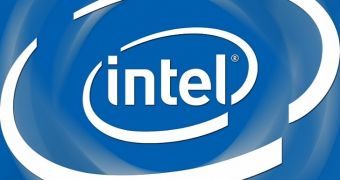There has been much talk about the CPU generations that will come after Haswell, and a fair bit of controversy regarding the necessity of the Haswell Refresh chip collection. Most of it can be put to rest now.
Well, that's assuming you're willing to take the information leaked by certain parties to heart. From what we can tell, it is as accurate as it can get.
Initially, Broadwell CPUs were supposed to come out this year, and not close to the end either, but at the start of the fourth quarter or the end of the third.
In fact, Broadwell could have been introduced earlier this year if Intel didn't run into any trouble with the 14nm manufacturing process.
Alas, the corporation did, in fact, have some trouble with the advancement from 22nm to 14nm, even though it wasn't as advertised as TSMC's GPU issues.
At first, Broadwell was delayed to the end of 2014, but now it seems it was pushed even further back.
If nothing else, this all shows that Intel really didn't have a choice when it unveiled the Haswell refresh series.
It couldn't really go a whole year without launching something. On that note, Devil's Canyon CPUs will also be Haswell refresh chips, only unlocked (for overclocking). Some have already been listed.
So when will Broadwell come out? The second quarter of 2015, according to the latest word, and the same goes for Skylake chips.
Broadwell would be compatible with the 9-Series chipset that powers the latest range of motherboards, which also handle Haswell just fine. We suppose it is remotely possible that the Broadwell release will happen in the first quarter of 2015, but don't hold your breath.
Skylake, on the other hand, won't come out any sooner than Q2 2015, and it will be made for the next-generation 100 chipset. So we're looking at a socket that will replace LGA 1150.
It's really hard to say why and how Intel is going forward with this roadmap. Broadwell and Skylake sound like they'll basically be competing against each other. One will have the effect of keeping people from buying motherboards, while the other will try to do the opposite.
Maybe Broadwell will come out first, then Skylake will debut a few months later. If that is the case, Broadwell will be among the most short lived of CPU collections, perhaps the shortest-lived ever. Intel will likely not allocate much production capacity at its fabs, focusing instead on the other architecture.

 14 DAY TRIAL //
14 DAY TRIAL //